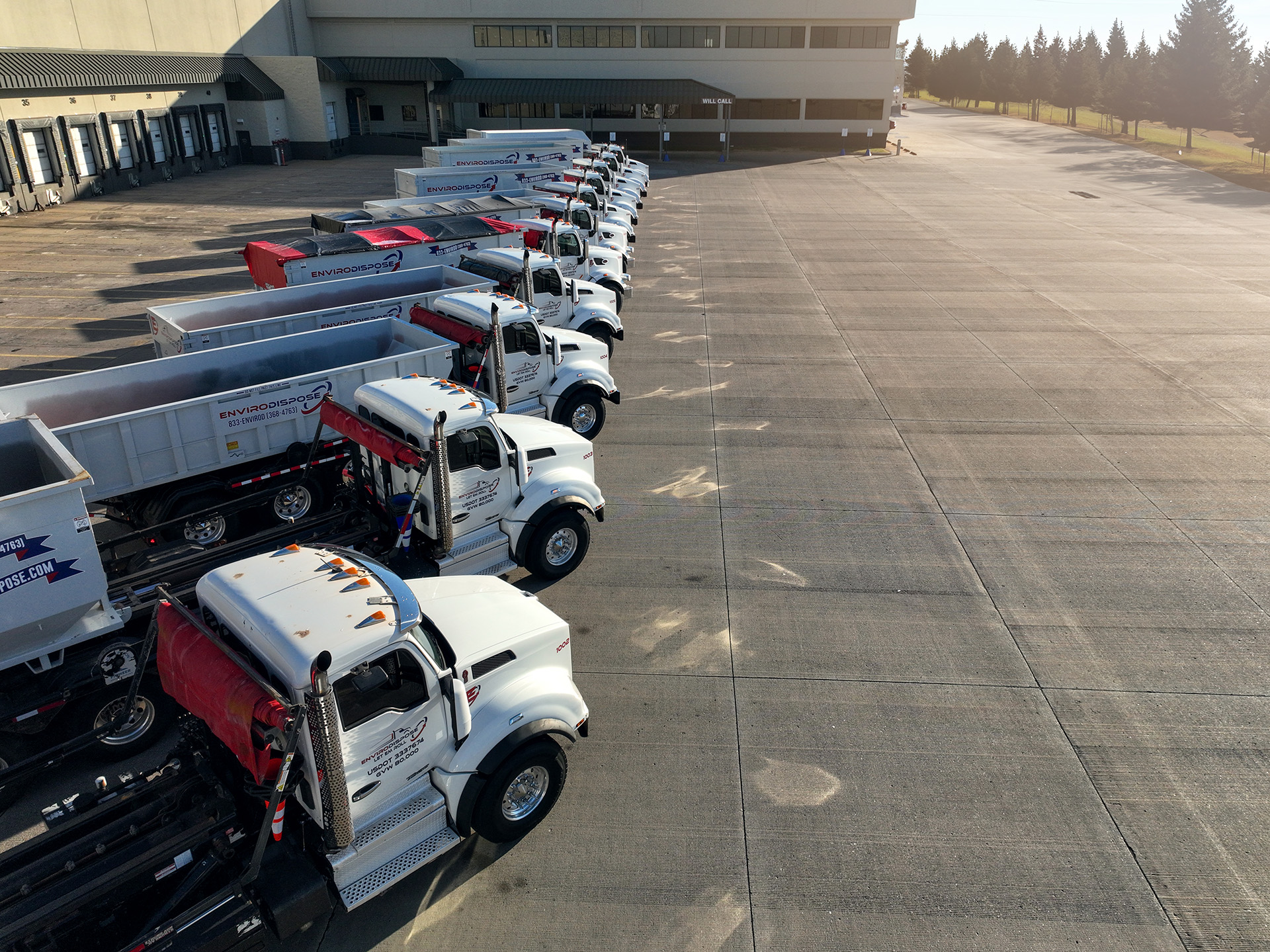
Event Waste Management: Sizes and Strategies for 2025
Organizing a large event brings its set of challenges, among which waste management often tops the list. As event organizers, it’s our responsibility to ensure that the celebrations leave minimal environmental footprints. Efficient waste management not only involves proper disposal but also planning how to reduce waste from the outset. We understand the complexities involved in this crucial aspect of event planning and are here to guide you through the process.
Firstly, accurate identification of your event’s waste management needs is essential. This means estimating correctly the amount and type of waste your event will produce. Whether it’s a concert, festival, corporate event, or community gathering, each event type has unique waste disposal needs that need tailored solutions. Recognizing these needs early on helps us determine the right strategies and resources required to manage the waste efficiently.
Next, choosing the right dumpster size and type is crucial. The size of the dumpster must correlate with the volume of waste expected. Too small, and you risk having overflowing bins that could lead to unsanitary conditions. Too large, and you’re overpaying for unutilized space. We help you make these decisions seamlessly, balancing practicality with cost-efficiency, to ensure that your event runs smoothly and sustainably.
Identifying Your Event’s Waste Management Needs
When planning a large event, pinpointing the specific waste management needs is pivotal. This decision influences not just the logistics, but also the sustainability and cleanliness of the event. The process starts with us analyzing past events of a similar nature to predict the amount and type of waste likely to be generated. Knowing whether the waste will be predominantly food, plastic, paper, or a mix of materials helps in crafting a precise waste management plan.
Moreover, the nature of the event—whether indoor or outdoor, the number of attendees, and duration—also plays a crucial role in this phase. For multi-day events, for instance, continuous waste removal might be necessary, whereas a single-day event may only require post-event waste disposal. We take all factors into account, ensuring the waste management plan meets both the scale and specific requirements of your event, ensuring no surprises on the big day.
Selecting the Right Dumpster Size and Type for Large Events
Selecting an appropriately sized dumpster is essential for effective waste management. Making this choice involves considering the estimated volume of waste and the space available for dumpster placement at the venue. Our team provides various sizes of dumpsters and will recommend the perfect size based on the specifics of your event. We ensure that the selected dumpster is neither too large (to avoid unnecessary costs) nor too small (to prevent overflow and unsanitary conditions).
For different types of waste, different dumpster types might be required. For instance, general waste and recyclables should be separated to ease recycling processes. We provide clear, labeled dumpsters for different waste types—organic, recyclable, and non-recyclable—supporting your event’s environmental goals. The correct choice of dumpster types not only simplifies waste segregation but also enhances the efficiency of the waste management system at your event, keeping the venue clean and functional throughout the event duration.
Practical Strategies for Waste Reduction at Events
Reducing waste at your events starts with strategic planning and using resources efficiently. We advocate for adopting practical approaches such as promoting digital ticketing and event programs to minimize paper use. Encouraging attendees to use digital tickets not only reduces paper waste but also streamlines event entry, making the process quicker and more efficient. Similarly, instead of handing out physical brochures or programs, we recommend using electronic versions that can be accessed through mobile devices or displayed on screens throughout the venue.
Another effective strategy involves collaborating with suppliers and vendors who adhere to eco-friendly practices. This can include using biodegradable tableware or ensuring that food service is calculated accurately to reduce leftovers. We also encourage the setup of well-marked recycling stations throughout the event venue, which not only helps in the proper segregation of recyclables and non-recyclables but also educates and encourages attendees to contribute to waste reduction efforts actively.
Efficient Cleanup and Waste Disposal After the Event
After the event concludes, efficient cleanup and waste disposal are crucial to restore the venue and minimize environmental impact. We coordinate a swift cleanup operation with our dedicated team who are trained to handle and separate waste according to local recycling and disposal regulations. This includes directing recyclables to the appropriate facilities and ensuring that non-recyclable waste is disposed of responsibly.
In addition, we also offer post-event waste audits for clients interested in understanding the impact of their waste management strategies and looking for ways to improve in future events. These audits provide valuable insights into what aspects of the waste plan worked well and what could be enhanced, helping to continuously improve sustainability practices at your events.
Conclusion
At EnviroDispose, we believe in making your event management as smooth and environmentally friendly as possible. By identifying your specific waste management needs, selecting the right dumpster sizes, applying practical waste reduction strategies, and ensuring efficient post-event cleanup, we help you host successful and responsible events.
If you’re planning an event and need expert event waste management solutions that marry efficiency with sustainability, contact EnviroDispose. Let’s work together to make your next event not just memorable, but also environmentally conscious.


